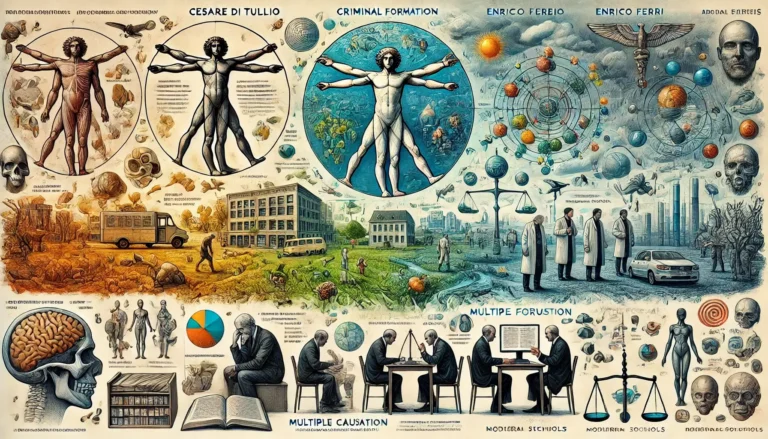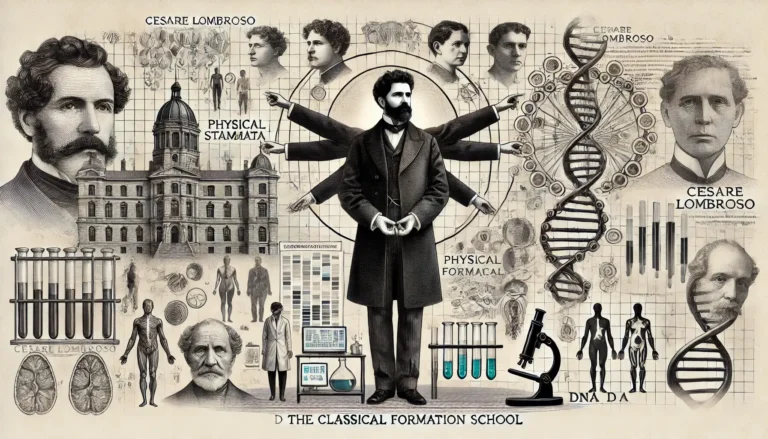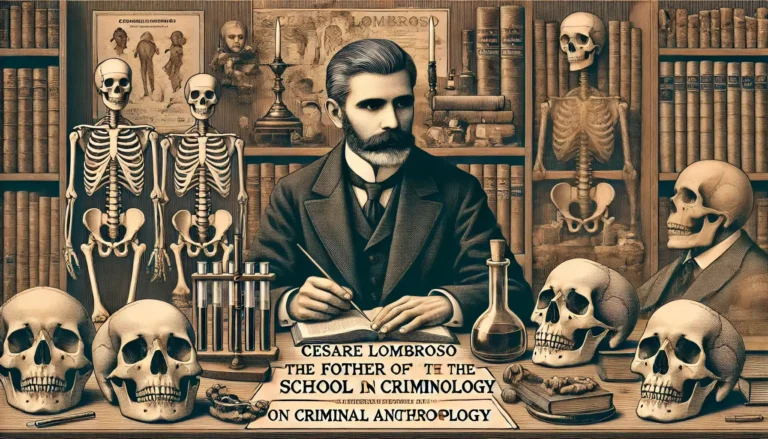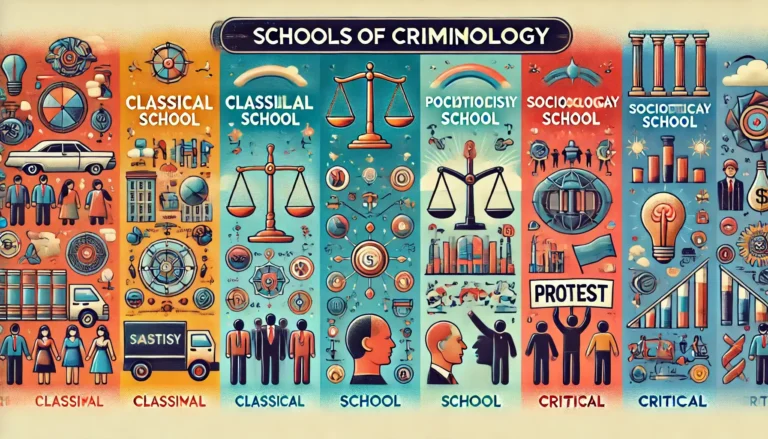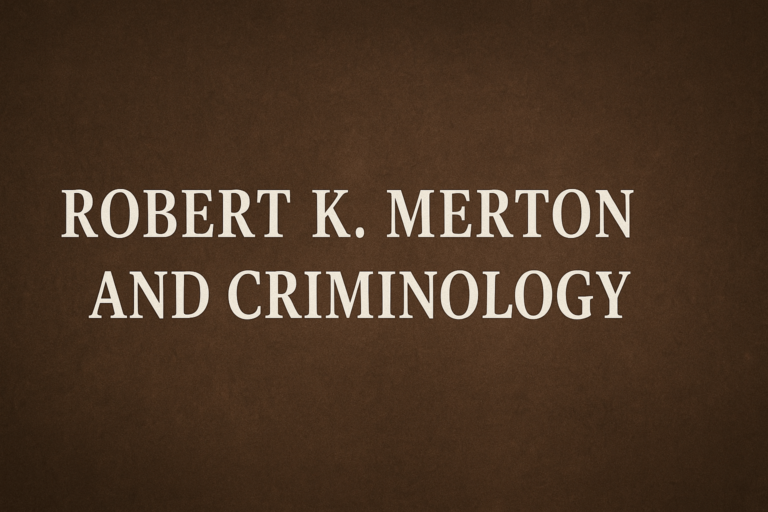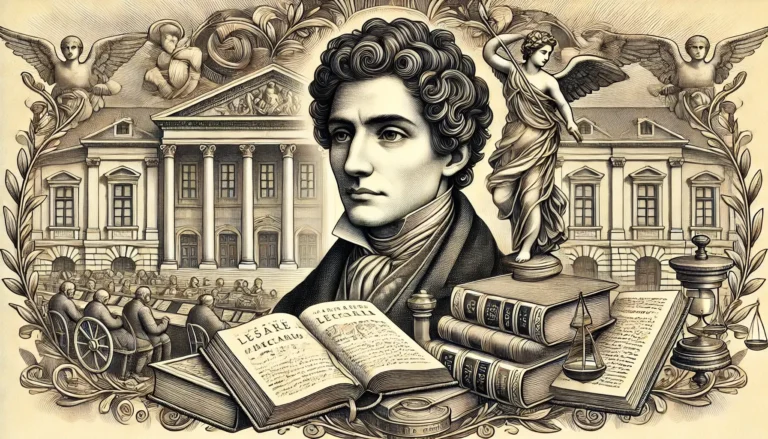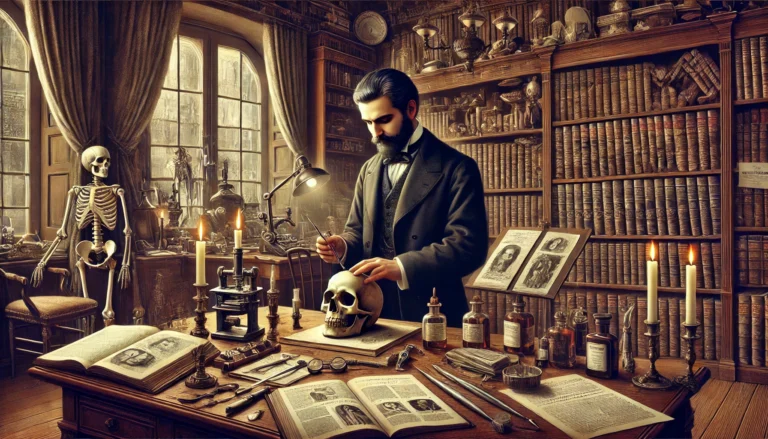Modern Formation School in Criminology
The Modern Formation School in criminology represents a significant evolution in the study of criminal behavior. By emphasizing the interplay of biological, psychological, and sociological factors, this school of thought seeks to provide a comprehensive understanding of crime and its underlying causes. Within this framework, two prominent theories stand out: the Criminal Formation Theory by…

